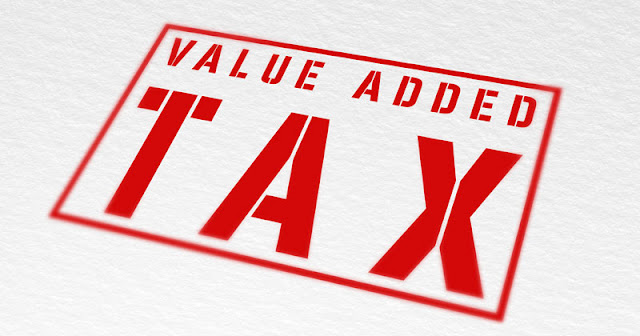Deferring the Implementation of RR No. 9-2021
The Secretary of Finance has issued RR No. 15-2021 deferring the implementation of RR No. 9-2021 dated 9 June 2021 imposing value-added tax (VAT) on certain transactions that were previously considered VAT zero-rated. The same is deferred until the issuance of amendatory revenue regulations.
In view of the continuing COVID 19-pandemic and its impact to the export industry, the implementation of RR No. 09-2021 is deferred until issuance of amendatory revenue regulation. RR No. 09-2021 imposed 12% VAT on transactions which used to be zero-rated under Section 106 (A) (2) (a) (3), (4), and (5) and Section 108 (B) (1) and (5) of the Tax Code, as amended.
The following transactions will revert to VAT zero-rating:
Sale of goods or properties:
- The sale of raw materials or packaging materials to a non-resident buyer for delivery to a resident local export-oriented enterprise to be used in manufacturing, processing, packing or repacking in the Philippines of the said buyer's goods, paid for in acceptable foreign currency, and accounted for in accordance with the rules and regulations of the BSP.
- The sale of raw materials or packaging materials to an export-oriented enterprise whose export sales exceed seventy percent (70%) of total annual production.
- Transactions considered export sales under Executive Order No. 226, otherwise known as the Omnibus Investments Code of 1987, and other special laws.
Sale of services and use or lease of properties:
- Processing, manufacturing or repacking goods for other persons doing business outside the Philippines, which goods are subsequently exported, where the services are paid for in acceptable foreign currency and accounted for in accordance with the rules and regulations of the BSP.
- Services performed by subcontractors and/or contractors in processing, converting, or manufacturing goods for an enterprise whose export sales exceed seventy percent (70%) of the total annual production.

Comments
Post a Comment